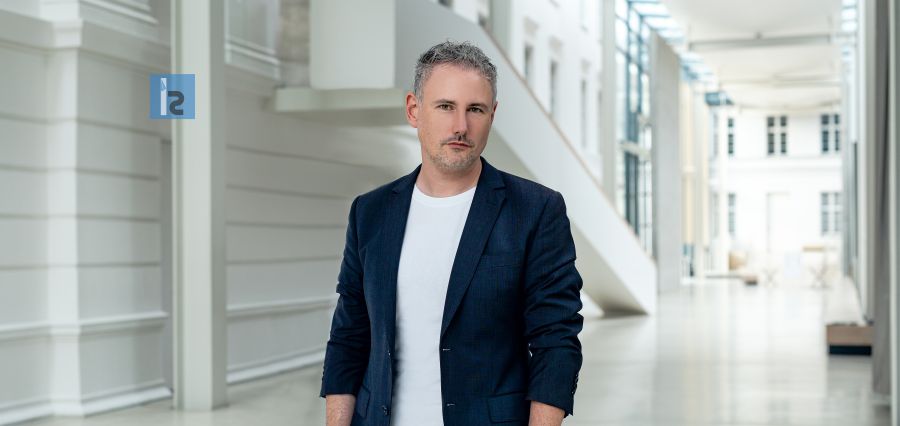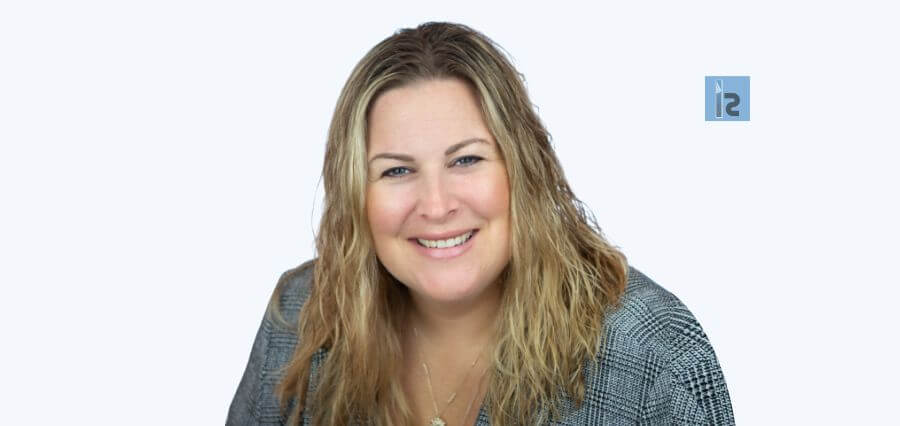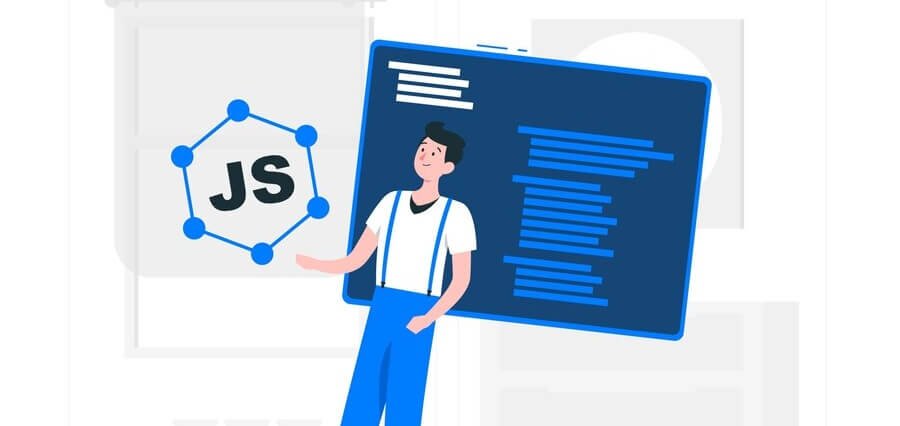In today’s competitive world, leadership is the key element that makes everything work seamlessly. In either formulating new strategic directions or communicating and motivating employees, leadership is invaluable.
Thus, every successful organization requires effective leaders. The lucidity in vision, honesty towards ambitions, and compassion in behaviour are the necessary qualities to become a transformational leader.
One such visionary and dynamic leader is Dr Chad Audi whose leadership style and guidance are the essences to achieve for emerging leaders.
Dr Chad Audi, with over 23 years of executive management experience is the President and CEO of a non-profit firm Detroit Rescue Mission Ministries (DRMM).
DRMM was founded in 1909. It is a leading non-profit organization that confronts homelessness, runs social enterprises, offers skills development and job readiness exercises.
In an exclusive interview, Dr Chad Audi sheds light on the company’s journey, its services, and his vision for the future.
As the President and CEO at DRMM, how has the journey been for you from 1997 until today, and what are the factors that drive you to stay motivated.
The journey has been both challenging and rewarding for me. When I started here as a volunteer in 1997, it was simply because someone had suggested that I lend a helping hand to a nonprofit that was facing some financial challenges.
It was through that person that I first heard of Detroit Rescue Mission Ministries (DRMM). And true to type, I gave it my best, bringing my financial expertise to bear on their challenges. That helped to bring much-needed financial stability to the Christian nonprofit.
Before that time, I knew little about the plight of the homeless, the hungry, and the drug-addicted. All that came to mind were the men and women I had seen at street corners holding signs asking for help. On many occasions, I had given them some money, believing that was all they needed. I never knew truly homeless persons needed more than that.
But while volunteering, I developed a deep interest in the task of helping to bring help to those in dire need – the homeless, hungry, hurting, and hopeless. Seeing my hard work and dedication, the president and CEO, Don DeVos, offered me a job in the Finance department.
Having been on a countdown to the start date of a well-paying private sector job I had secured, I wrestled with the idea of accepting a low-paying job in a non-profit. But looking back now, I am glad I took the non-profit job at DRMM, with the encouragement of my dad who doubled as my mentor. Since then, I have enjoyed helping to put smiles on the faces of less fortunate persons – both young and old – in the Detroit area. You can’t put a price tag on it.
Enlighten us on how DRMM has made an impact on people through its service to the community?
DRMM is in its 113th year of life-changing faith-based operations in the Detroit area. Since its founding in 1909, hundreds of thousands of men, women, and children have benefitted from various services aimed at turning their lives around. Many, who for years were homeless on the streets, were rehabilitated and equipped with marketable skills that enabled them to get stable sources of income and live in their own apartment or single-family home.
Many children whose education would have been cut short because of domestic violence, parental loss of income, or substance use disorder were given the opportunity to grow and continue their learning in a safe and stable environment. Homeless Veterans have found hope and help through our dedicated programs.
Countless Detroit kids have made new friends, taken a break from technology, boosting their self-confidence, and developed teamwork skills and resilience at our state-of-the-art camp – Wildwood Ranch in Howell Michigan. Each month, our food bank in Roseville, the Lighthouse Outreach Center, continues to be of great service to over 1000 families facing food insecurity in Macomb County.
And unlike many other nonprofits, the books, clothes, shoes, toys, winter gear, furniture, and other items that generous individuals and organizations donate to us are in turn donated to those in need. We do not sell donated items. In fact, we have difference-making community food and toy distribution outreaches in over a dozen Michigan cities – and we do so in partnership with police departments, mayors, etc.
Being an experienced leader, share with us your opinion on the importance of non-profit organizations working towards public well-being?
The fact is there are many people in our communities who are facing a myriad of tough challenges that governments and businesses are not best equipped to deal with. That’s where nonprofits come in.
They partner with government agencies, businesses, and generous individuals and families to address those tough challenges. For instance, here at DRMM, we have the right know-how and experience to deal with homelessness and substance use disorder and have won so many awards for providing needed solutions.
We are efficient and effective in solving problems that affect people in underserved communities – and we do so at a reduced cost. Besides, we are answerable not only to donor agencies in the public sector and the foundations but also to members of the community who bought into our charitable mission and regularly support us as volunteers and donors. Together, we change many lives for good.
Considering the COVID-19 pandemic, and its impact on global economies, how did you drive your organization to sustain operations while ensuring the safety of your employees?
We heard about the virus before it became public knowledge, and quickly, we began taking the right steps to sustain our operations while protecting our guests and dedicated staff. We bought face masks and hospital-grade disinfectants before many individuals and organizations rushed to get them. And as soon as local, state, and federal authorities announced relevant health protocols, we readily implemented them at our various locations.
Also, in partnership with the Detroit Health Department, regular testing is done at our sites. We also opened overflow and quarantine shelters that have proven very effective in limiting the spread of the virus. While doing all that, we continued updating our partners and donors about our progress, and they have been very supportive.
What is your opinion on inculcating gender egalitarianism within the organizational culture from a leadership perspective?
Women are half the population of the State of Michigan – 50.7 percent to be precise. So, organizations that discriminate against them are denying themselves the skills and good work of 50.7 percent of the population. That means they are shooting themselves in the foot and hurting society.
Here at DRMM, we provide employment opportunities to all qualified and interested persons who believe in our Mission Statement, irrespective of their gender or race. In fact, many staff in supervisory, managerial, and leadership positions are female. Our chief operating officer, vice president for programs, HR director, director of housing, director of community engagement, and director of volunteer services are all female.
I can go on and on. Also, many of our programs in cities like Detroit and Port Huron serve women in need, and we have a strong and well-known policy of not turning away anybody that comes to us for help.
What advice do you have for individuals who aspire to venture into the non-profit public service space?
I will tell them to get a broader understanding of the needs and challenges of their target beneficiaries, create good and mutually benefitting partnerships and alliances, hire people who are dedicated to their mission, and do everything possible to keep their costs low without compromising on the quality of service.
And if they need coaching and mentoring, I will be glad to help as time permits. Over the years, I have had the honor of coaching and mentoring dozens of emerging non-profit leaders who are doing very well in different American cities, including here in Detroit.
How do you plan on scaling DRMM and its services in 2022 and beyond?
We are about to launch our Certified Community Behavioral Health Clinic (CCBHC) in Livonia at a big building given to us by one of our biggest donors. And that’s exciting because the services we will render there meet important needs in the city, and we already have fine support from the city government and remarkable collaboration with important agencies and organizations. Also, we are exploring partnership opportunities with agencies and organizations in a few Michigan cities that have the need for our various services.



















